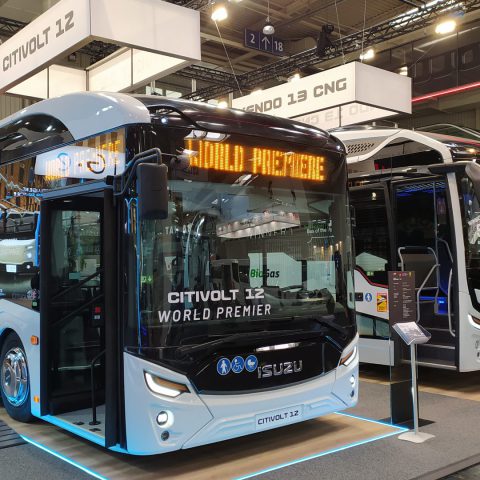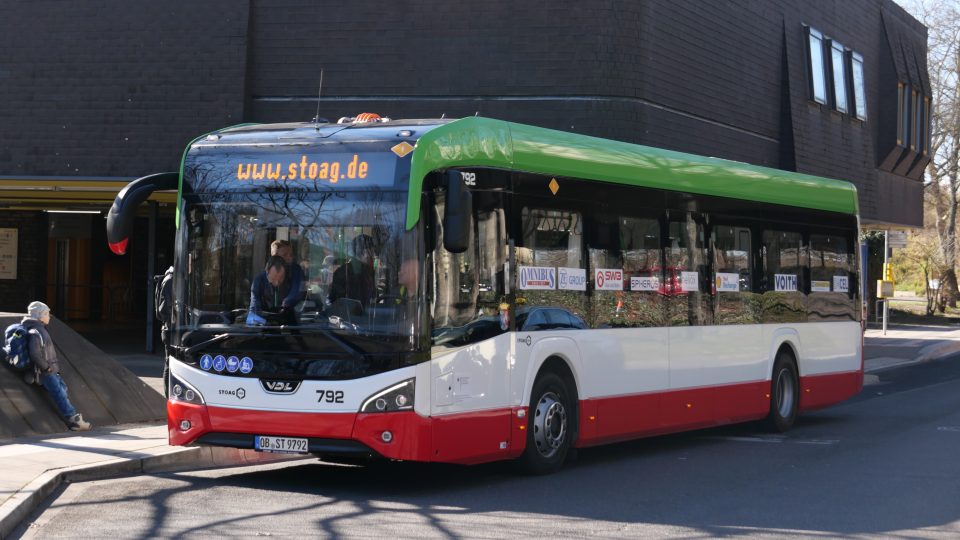For the first time IAA Transportation in Hannover will host a “dedicated bus theme park”
IAA Transportation 2024 will take place in Hannover, Germany, from September 17 to 22. For the first time a dedicated bus theme park is planned. It is undeniable that the bus sector has lost momentum in the context of the IAA in recent years (see our reporting from 2022 edition). Rather, many bus OEMs and […]

IAA Transportation 2024 will take place in Hannover, Germany, from September 17 to 22. For the first time a dedicated bus theme park is planned.
It is undeniable that the bus sector has lost momentum in the context of the IAA in recent years (see our reporting from 2022 edition). Rather, many bus OEMs and providers have turned to InnoTrans, where the Bus Display in the Summer Garden has dedicated itself to the bus world. Visitors to InnoTrans, after all, come more vertically from the public transport sector than at Hanover, where freight transport and logistics have become major players. Now Hannover raises the bar.
IAA launches bus theme park
The bus theme park should reflect various aspects of a city, IAA Transportation states in a press note announcing the news. Visitors will have the opportunity to directly test solutions for the city of the future. Bus seating, parking and green spaces, as well as connectivity options through mobility hubs, are also in focus, as are test drives.
A central bus campus is planned as a consultation area, still the organization says. There, companies will receive best practice examples on diverse topics. The range of topics extends from power and fuel supply, architectural planning, assistance systems, funding opportunities, after-sales, and depot conversion to second-life models.
“The aim is clear: Achieving the Paris climate targets. This requires a platform, where the innovative progress of companies from all areas of the commercial vehicle industry for sustainable mobility can be showcased. Specifically for the bus industry, we are planning with our own area as part of IAA Transportation. Here, in addition to the latest products, tests on charging solutions and autonomous driving can be seen. Solutions for sustainable and digital mobility in cities can thus be shown and tested up close by all visitors and exhibitors in a unique atmosphere,” says Jürgen Mindel, Managing Director at the German Association of the Automotive Industry (VDA).
“Passenger and freight transport are crucial aspects of public services and thus basic needs of human coexistence. They ensure supply in metropolises and rural areas. How this can be designed sustainably and digitally is what we want to showcase at IAA Transportation,” says Mindel.







